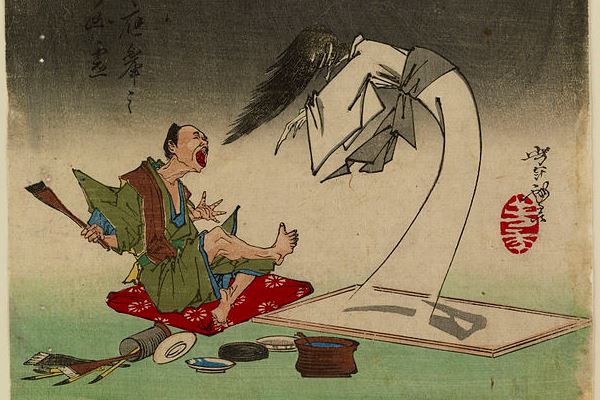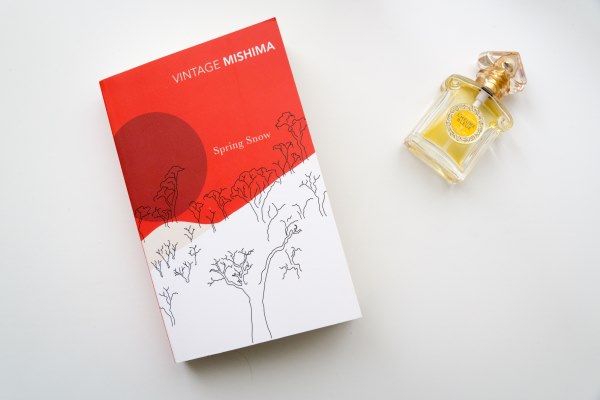Japanese Ghost Stories : 5 Books
Frightening oneself with ghost stories or haunted houses is a summer activity in Japan for the chilling frisson it’s believed to provide. Yet the Japanese literary tradition filled with spirits, ghouls, specters and other supernatural phenomena is so rich that a full year wouldn’t be enough to even scrape the surface. Since dark fall evenings are a good time to delve into it, I decided to share five of my favorite Japanese books over whose pages hover ghosts.

The Japanese concept of a ghost, yūrei, is quite complex, but in its essence, it’s a soul of someone who died in a violent manner and may not have had proper funeral rites. The soul then returns to the living world to seek vengeance and to torment those who were responsible for the crime. The purpose of Japanese ghost stories, however, is not only to paint the frightful deeds of the unpacified souls, but also to examine the complexity of love, betrayal, loyalty, faith, and other human emotions and dilemmas.
Japanese Gothic Tales by Izumi Kyoka, translated by Charles Shiro Inouye
“She seemed too delicate for someone living in the mountains. Even in the capital you don’t see many women as beautiful. As she rubbed my back, I could hear her trying to stifle the sounds of her breathing. I knew I should ask her to stop, but I became lost in the bliss of the moment. Was it the spirit of the deep mountains that made me allow her to continue? Or was it her fragrance? I smelled something wonderful. Perhaps it was the woman’s breath coming from behind me.”














Joi in Giorgio Armani Mania : Long Lost Favorite Perfume: Yes!! January 25, 2024 at 2:54am